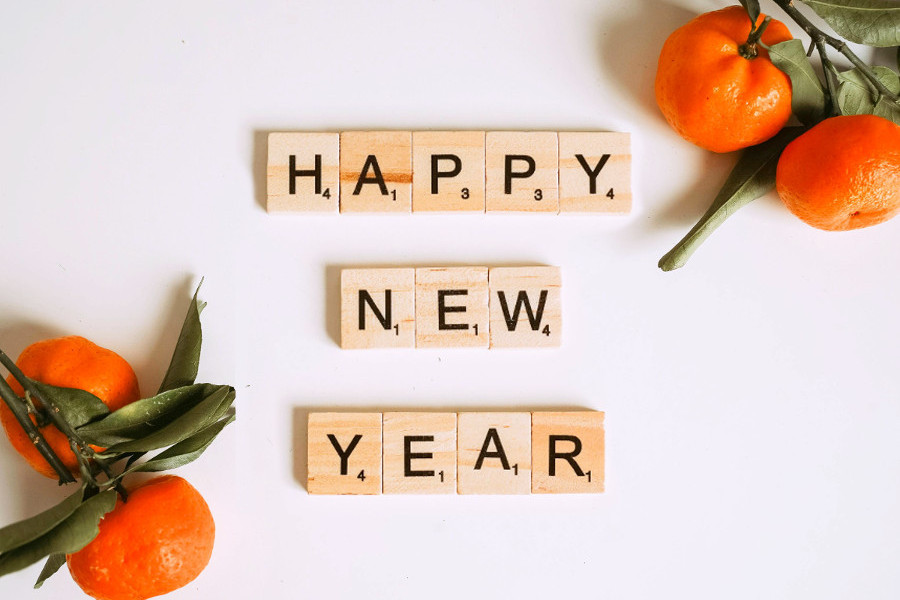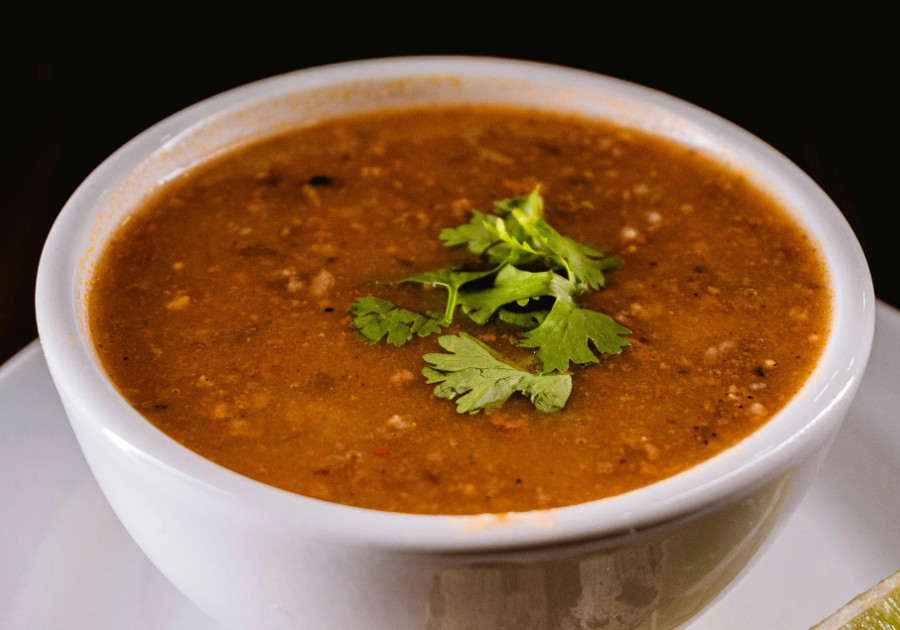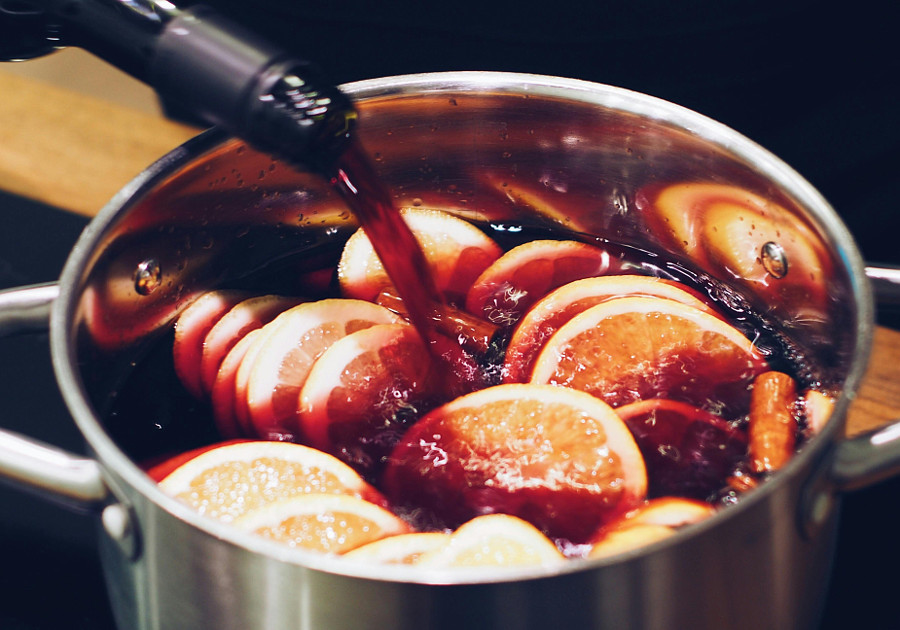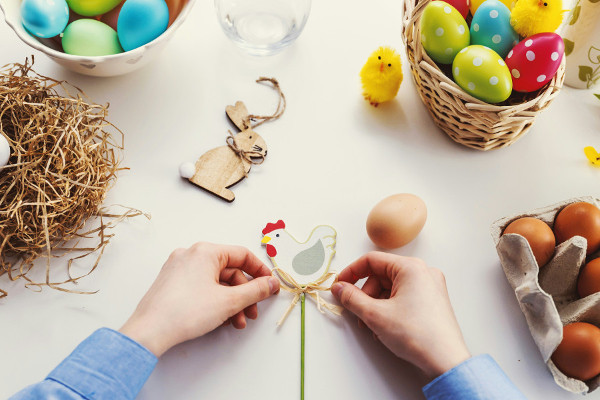How to Celebrate New Year's Day in a Fun Way? Traditions, Foods, Partying.
New Year's Day is a time of celebration, reflection, and new beginnings, observed with a rich array of traditions and customs worldwide. From its ancient origins, marked by different dates and celebrations, to the global traditions we recognize today, this day has evolved into a symbol of fresh starts and hopeful resolutions. Whether it’s indulging in lucky foods, sipping traditional drinks, or observing superstitions, New Year's Day brings people together in a shared spirit of renewal and optimism for the year ahead.

1. What is the history of New Year's Day?
New Year’s Day has been around for thousands of years, but it hasn’t always been on January 1st. The ancient Babylonians kicked things off with celebrations around the spring equinox, while the Romans initially marked the new year in March. That changed in 46 BCE when Julius Caesar introduced the Julian calendar and set January 1st as the official start of the year, honoring Janus, the god of beginnings. Over time, most of the world adopted this system, but some cultures still celebrate according to lunar or lunisolar calendars. Today, New Year’s Day is more than just a date on the calendar – it’s a symbol of fresh starts, resolutions, and new opportunities. A time to look back, reflect, and step forward with hope.
2. What are common New Year's Day traditions?
New Year’s Day is packed with traditions, and no matter where you are in the world, chances are people celebrate in a way that’s meant to bring good luck, happiness, or prosperity. Some clean their homes before the clock strikes midnight, believing it sweeps away bad luck. Others make resolutions, hoping to start fresh. There’s the first-footing tradition in Scotland, where the first guest of the year brings symbolic gifts. In the U.S., people watch football games, while in Japan, families enjoy a special meal called osechi ryori. In Vienna, Austria there is a traditional New Year's Day Ball broadcast to the world from the famous Viennese Opera House, dancing to the familiar tunes of Johann Strauss Jr's The Blue Danube Waltz. At its core, New Year’s Day is about renewal, reflection, and setting the tone for the months ahead.
3. What foods are traditionally eaten on New Year's Day for good luck?
Food and fortune go hand in hand on New Year’s Day. In the Southern U.S., black-eyed peas and collard greens are a must – they represent money and prosperity. Over in Spain and Latin America, it’s all about eating 12 grapes at midnight, each one symbolizing good luck for the months ahead. Italians eat lentils, which look like tiny coins, to attract wealth. Germans and Eastern Europeans believe pork and sauerkraut bring progress, while the Japanese enjoy long soba noodles for longevity. Filipinos focus on round fruits, believing they resemble coins and invite prosperity. It doesn’t really matter where you are – there’s a good chance the meal on your plate comes with a side of superstition and a wish for good fortune.

4. What are some traditional New Year's Day drinks?
When it comes to drinks on New Year's, champagne is the undisputed king. Popping a bottle at midnight has become a global symbol of celebration. But it’s far from the only traditional drink. In Japan, families sip toso, a spiced sake meant to ward off illness. Germans enjoy feuerzangenbowle, a warm mulled wine with a dramatic flaming sugar loaf. Russians stick to vodka, while the Scots prefer whisky, often shared as part of their Hogmanay celebrations. In Mexico, there’s ponche navideño, a fruit punch served hot. Some people even drink "lucky" broths or teas to start the year right. Whether it’s a toast with bubbles or a sip of something more traditional, drinks play a big role in welcoming the new year.

5. What are some popular New Year's resolutions?
New Year’s resolutions are all about self-improvement, and every year, millions of people set goals to make their lives better. The most common ones? Getting healthier – exercising more, eating better, or losing weight. Financial goals are popular too, like saving money or reducing debt. Some people want to learn a new skill, read more books, or spend less time on social media. Mental health resolutions are gaining attention as well, with more focus on mindfulness, reducing stress, and improving relationships. There’s also a growing trend toward sustainability – reducing waste, going vegan, or cutting back on fast fashion. Resolutions often start strong, but sticking to them is the real challenge. The trick? Small, manageable goals and a mindset that focuses on progress, not perfection.
6. What are some superstitions associated with New Year's Day?
New Year’s Day is packed with superstitions, and depending on where you are, what you do (or don’t do) could make or break your luck for the year. One of the biggest? The first person to enter your home (first-footing) determines your fortune – ideally, they should be tall, dark, and carrying a gift. Many people avoid doing laundry on January 1st, fearing they’ll “wash away” a loved one. Others won’t sweep the house, believing they’ll sweep out their good luck. Making noise at midnight is thought to scare off evil spirits. Eating certain foods – like black-eyed peas or lentils – is believed to bring prosperity. And there’s a universal belief that whatever you do on the first day of the year sets the tone for the rest of it. No pressure, right?
7. How to recover from the New Year's Eve celebrations the next day?
Recovering from New Year's Eve celebrations can be challenging, but a few steps can help you feel better the next day:
- Start by hydrating; alcohol can leave you dehydrated, so drinking plenty of water or electrolyte-rich beverages is key.
- Eating a balanced meal with protein, healthy fats, and complex carbohydrates can help stabilize your blood sugar and replenish lost nutrients.
- Take a walk or do some light stretching to get your blood flowing and relieve any stiffness.
- If you feel fatigued, a nap or early bedtime will help you restore your energy.
- Avoid heavy caffeine intake, as it can worsen dehydration.
- Lastly, consider taking pain relievers if you have a headache, but do so cautiously, especially if you drank alcohol. Taking these steps can help you recover quickly and get back to your routine.
Starting the new year fresh and energized can be a challenge after the previous night's shenanigans, but this special day at the beginning of the new calendar year fills us with hope and excitement which can give us a boost in motivation.



